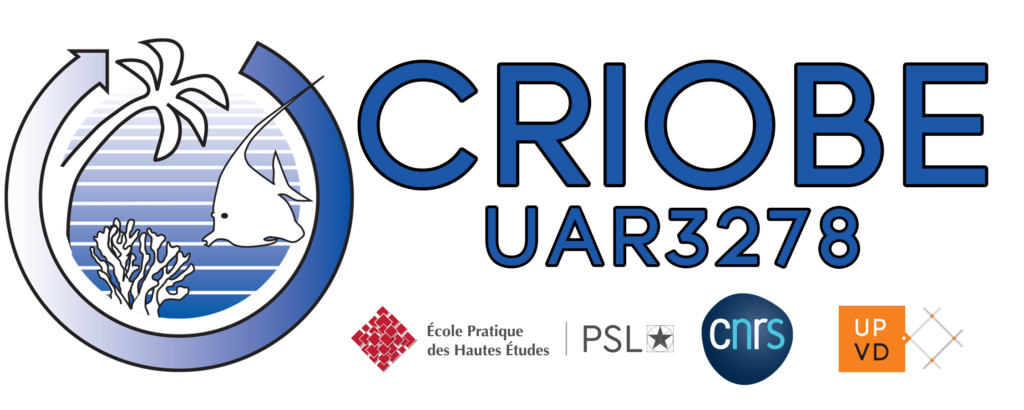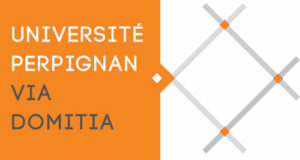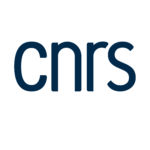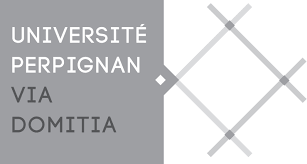Master's
- Enrollment: Masterbse@ephe.psl.eu
- Contacts: Christelle Hély-Alleaume or Elodie Moreau-Guigon
PSL Master Master of Life Sciences is an interdisciplinary master’s degree that prepares new generations of scientists and engineers to tackle emerging issues in the fields of contemporary biology, ecology and life sciences.
EPHE offers two Master Programs accessible to both students (“formation initiale”) and professionals (“formation continue”), as well as via pre-professional contracts.
Biodiversity and Environment (B&E)
Program dedicated to ecology and conservation biology, from genes to the larger environment. It is part of the Earth Sciences and Biodiversity graduate program. CRIOBE intervenes in the following courses:
Site: CRIOBE Moorea
Contact: Eric Clua
The objective of this teaching unit is to develop a broad base of knowledge on coral reef ecosystems, from corals to super predators. The description of the threats that coral reefs face, as well as their importance for human societies are also addressed within this course.
Site: CRIOBE Perpignan
Contact: Maggy Nugues
A coral ecosystem is a highly biodiverse. Species that interact with each other and with their physical environment. These interactions are mainly based on exchanges of molecules. They have resulted in a multitude of adaptive processes, ranging from defense mechanisms against predators, to the production of chemical signals facilitating the recruitment of organisms or the search for a reproductive partner. The objective of this course is to introduce students to this field of inquiry at the interface between ecology and chemistry. At the end of the training, students will have in-depth knowledge of key interactions between the actors of coral reef biodiversity, the “sensory world” of fish and invertebrates, the nature and origin of chemical mediators regulating biotic interactions, the effects of environmental factors on chemical mediators, and the biosynthetic pathways of these biomolecules.
Site: Remote teaching via MANEA
Contact: Camille Clerissi
This teaching unit focuses on general knowledge about the coral ecosystems, coastal and offshore fishing and their management, and the ecological technique of Post-larval Capture and Culture (PCC).
Site: Remote teaching via MANEA
Contact: Camille Clerissi
This remote learning course focuses on coral reefs’ fish, corals and crustaceans taxonomy. In addition, a variety of filmed tutorials and lab work will introduce students to the different methods of coral reef monitoring.
Site: Remote teaching via MANEA
Contact: Camille Clerissi
The objective of this remote learning course is to provide knowledge to Master 1-level students on the structure and functioning of coral reefs and on the concept of biodiversity hotspots in coral reefs. The courses cover these following themes: What is a coral reef; Biodiversity of coral reefs; Fish and coral life cycles; Biology, Ecology and Sociology of Sharks; Coral reef monitoring; Overview of the diversity of coral reef research.
Integrative Pathophysiology (PPI)
This course is dedicated to biology, from the molecule to the organism. It is part of the Life Sciences graduate program. CRIOBE is involved in the following teaching unit:
Site: CRIOBE Perpignan
Contact: Camille Clerissi
The significant development of sequencing technologies in recent years has made it possible to reveal the genomic diversity of many organisms. In addition to describing the gene content of genomes, these analyses improved our understanding of how genetic expression is regulated, the way in which it evolved, but also to identify the genes responsible for determining phenotypes.
The objective of this teaching unit is (i) to transmit the fundamental concepts related to genomes, (ii) to introduce students to bioinformatics (unix command lines, bash script) ans (iii) genomic diversity analyse, (iv) transcriptomics, and (v) identification of links between genes and phenotypes.
This teaching unit is organised into half-days of both lectures and practical courses. It takes place over one week (30 hours, 3 ECTS) in the second semester as part of the Master 1 (Life Sciences), PPI course (Integrative Physiopathology).
- Responsable: Nathalie Tapissier
- Co-responsable: Cédric Bertrand
The CEEC Master (Chemistry option) offers undifferentiated training that prepares students to carry out research activities in chemical analysis and/or chemical ecology or to directly integrate the professional environment in the environmental chemistry sector. Graduates from the CEEC Master master the analytical techniques allowing the research, characterization, quantification of target analytes in different environmental compartments.

Contact: Mathieu Poulicek
As part of the European “Erasmus Mundus Masters Courses (EMMCs)”, funding for 4 years has been obtained to set up a Marine Environment and Resources (MER) master’s degree. This master’s degree is run by four European universities: University del Pais Vasco (Spain), University of Southampton (United Kingdom), University of Bordeaux (France) and University of Liège (Belgium).
The CRIOBE acts as an associated partner in this European Masters. Our role is essentially to host students in Moorea, French Polynesia, for their internship, providing them with an insight into the work of an international research station.
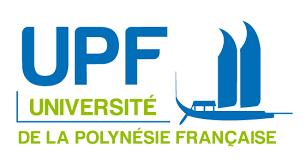
- Contact: Phila Raharivelomanana
This Master is characterized by a multidisciplinary training for a scientific introduction to the insular environments in Oceania, the Pacific and French Polynesia. Six teaching units are taught during the semester from October to December.
The courses led by CRIOBE’s members are also part of the Master 2 of the EPHE (master in joint supervision between UPF and EPHE). The CRIOBE is responsible for 4 teaching units in this master:
- Societies and cultures in Oceania (T. Bambridge)
- Coral reefs (D. Lecchini)
- Biodiversity, Biology, Ecology and Conservation of Coral Organisms (D. Lecchini)
- Fishing and PCC (R. Galzin)
The description of the Master’s course is available here (FR version).
